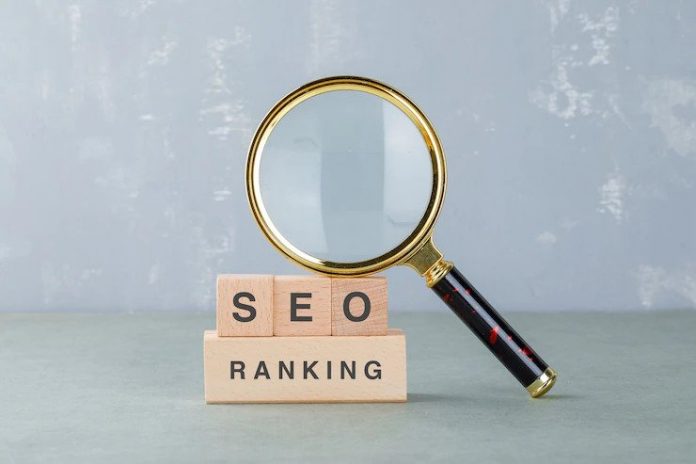Are you wondering why your Google ranking suddenly dropped? There are many reasons your content may not be ranking like it used to. Duplicate content takes up valuable index space. Also, your content might not be relevant to what searchers are looking for. Essentially, your website is not attracting enough visitors to merit a top spot. It could also be that you’ve created too many pages.
Here are some apparent and easy to fix reasons for your SEO ranking drop:
Core Web Vitals Update
If you’ve been waiting for Google’s Core Web Vitals Update, the time has come to make changes to your website. This critical update introduced three new metrics that are tied to the overall user experience. Largest Contentful Paint (LCP) is a significant metric to monitor as it measures the time it takes for a page to load and reveal its primary content. A page with an LCP of fewer than 2.5 seconds is considered ‘fast’ by Google.
Google has confirmed that it will use Core Web Vitals as a website ranking factor after the recent Page Experience Update. Core Web Vitals are the metrics that measure how a page makes users feel when they visit it. Using them, Google can provide the best possible experience for users. By ensuring a great user experience, your pages will attract more visitors, increase the number of repeat visitors and boost their overall ranking.
Google Penalty
One of the most common questions any SEO agency gets is, “What’s a Google penalty?” It’s also important to know what causes a penalty. You may have received too many backlinks from low-quality websites or have engaged in bad link-building practices. In addition, you may have a page that’s poorly optimized for mobile devices. Other common reasons for penalties include using substandard content without permission or failing to use HTTPS.
One way to find out if your site has been penalized by Google is to audit it with SEO tools. These tools can tell you whether or not your Google ranking dropped due to a recent algorithm update. The problem is that these tools only detect algorithmic changes – they can’t notice manual updates by Google. So if you think you might be affected by a Google penalty, make sure you use the right tools and follow Google’s Webmaster Guidelines.
Duplicate Content
Duplicate content is a big no-no when it comes to SEO, and it can hurt your website ranking if you’re not careful. Make sure your content is unique and not duplicated. Using relevant keywords in your content will help your pages rank better on Google. Remove all traces of your keywords on non-relevant pages. Restructure internal links, so they point to the right page. Redirect external links by contacting web admins of the original pages.
A study performed by Raven Tools had similar results. It found that 30% of websites had some form of duplicate content. Although the exact percentage may vary, it is generally less than 30%. The issue with duplicate content is nuanced and often depends on context. If your content contains boilerplate information about a warranty, readers may not mind. However, if the content is duplicated on two separate pages, it may dilute the link juice and make your page less likely to rank.
The problem with duplicate content is that there are numerous instances in which a single page is duplicated on several websites. For example, your SEO reseller may have created two pages that have distinct URLs but the same content. They will be considered duplicates. The order in which the parameters appear in a URL can also cause duplicate content. Another common culprit is a URL with a different session ID than the page it’s linked to. Thankfully, there are some quick solutions to avoid duplicate content.
Search Intent
One of the main reasons why you might be experiencing a significant SEO ranking drop is that your web pages aren’t serving the right purpose for your target audience. When you optimize for SEO, you are not only targeting your market but also ensuring that the user experience is excellent. After all, the content that appears on your page is going to be the key to boosting your traffic. However, if you’re not tailoring your content for the right purpose, Google will take your pages down, even if they partially serve the user’s search intent.
If you want to rank high for competitive keywords, you should avoid using popular keyword terms. Although popular, they may not suit your target audience. Similarly, if your content is focused on long-tail keyphrases that have dominant intent, it might not be sufficient to achieve a higher website ranking. Instead, you should target long-tail key phrases with a high search volume but lower competition. This will result in higher page rankings.
Conclusion
There could be numerous reasons why your Google ranking suddenly dropped. This could be because you have too much competition, and your content is not targeted to your prospective audience. The answer to your SEO ranking drop is conversion rate optimization. Making your website more helpful to readers will make it easier for your visitors to convert into customers. If you’re not sure what to do next, follow these website ranking tips. They will make all the difference!






